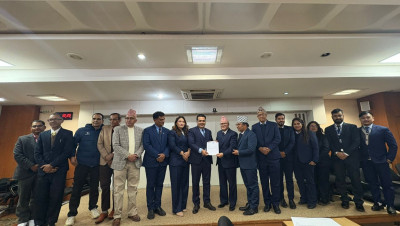Nepal Has the Opportunity to Become a Regional Energy Hub: Kulman Ghising
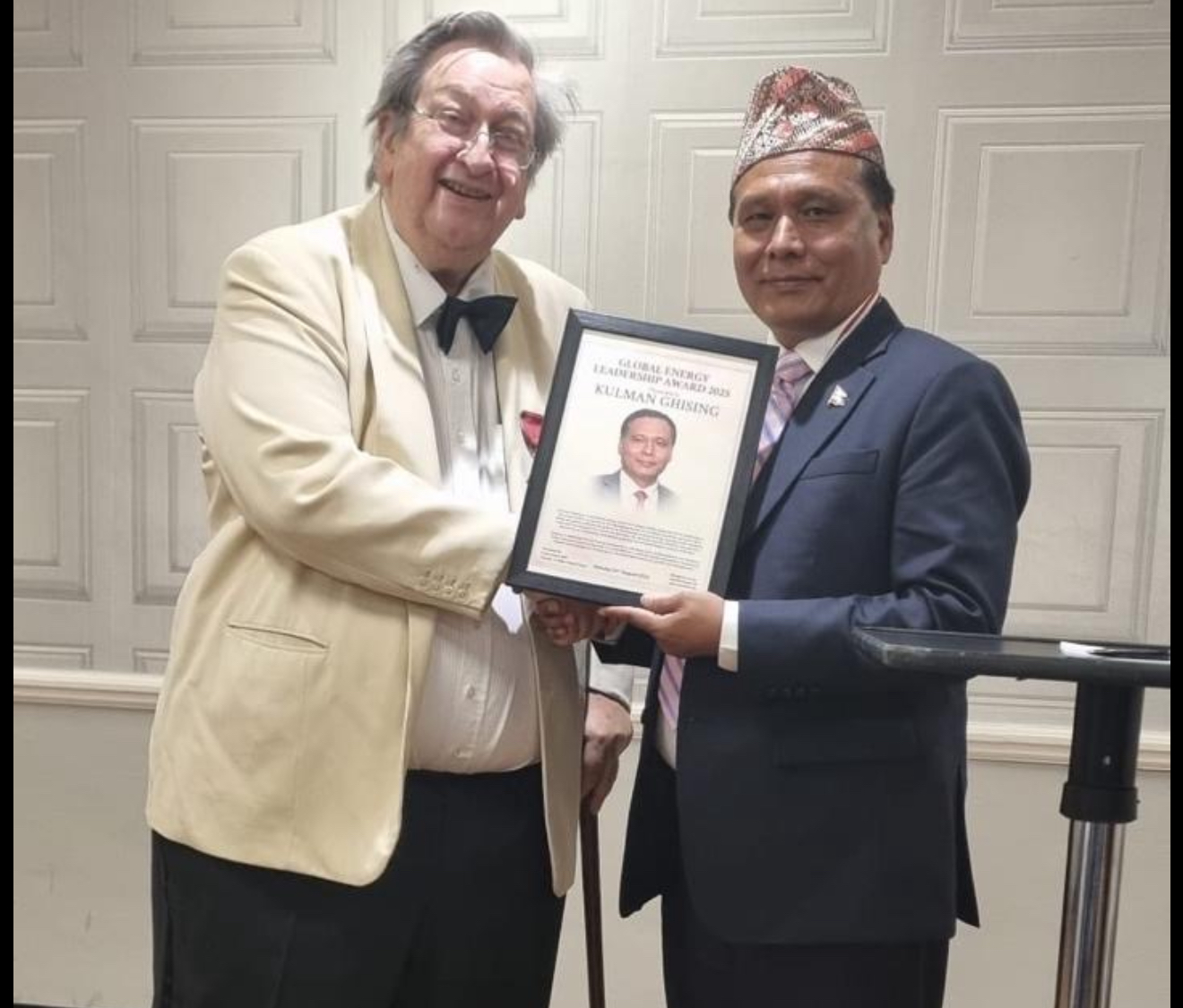
London — Former Managing Director of the Nepal Electricity Authority (NEA), Kulman Ghising, has said that Nepal has a historic opportunity to become a regional energy hub, but stressed that this requires the right policies and strong leadership.
Speaking at a policy dialogue in South-East London on “Challenges and Opportunities in Nepal’s Energy Sector”, Ghising recalled that just a decade ago Nepal suffered up to 18 hours of daily load-shedding. He highlighted that through institutional reforms, efficient energy management, and a commitment to service delivery, Nepal was able to end the crisis.
According to him, electricity access in Nepal has expanded from 56% to nearly 100%, and NEA has moved from losses to profitability, enabling reinvestment in transmission and generation. Today, Nepal has become an electricity-exporting nation to India and Bangladesh, with almost all its power generated from clean and renewable sources.
Ghising noted that Nepal’s hydropower journey began with British support — the Pharping plant in 1911 and Sundarijal in 1939. Currently, Nepal has an installed capacity of over 3,800 MW, with thousands more in the pipeline. The government aims to reach 28,500 MW by 2035, of which 15,000 MW will be set aside for export.
“A long-term power trade agreement has already been signed with India, exports to Bangladesh have started, and this is opening a regional energy corridor including Bhutan. In the future, there is also the possibility of connecting with China,” he said.
He stressed that India and Bangladesh need stable and clean energy, which gives Nepal the chance to position itself as a regional hub. Hydropower can balance solar-dependent grids, reduce emissions, and act as a catalyst for development. Nepal is also studying green hydrogen as a future source of energy and industrial use.
Ghising underlined the need for international support to help Nepal tackle the challenges of climate change. Reflecting on his unexpected removal from office just four months before the end of his tenure, he remarked that it signaled political instability and a lack of accountability.
“Nepal’s youth want change. They want leadership that delivers results. That is why I am continuing my journey through the Ujyalo Nepal campaign,” Ghising stated.
At the event, Professor Tejendra Pherali of UCL’s Institute of Education praised Ghising’s leadership in ending load-shedding, calling electricity infrastructure the backbone of development.
The program also honored Ghising with a certificate of recognition and the Tony Buzan Medal, presented by 77-year-old chess Grandmaster Raymond Keene. On behalf of British peer Lord Rami Ranger, his aide Atta Haq delivered brief remarks. Sujan Katuwal of Panas Helping Hand extended thanks to all participants.
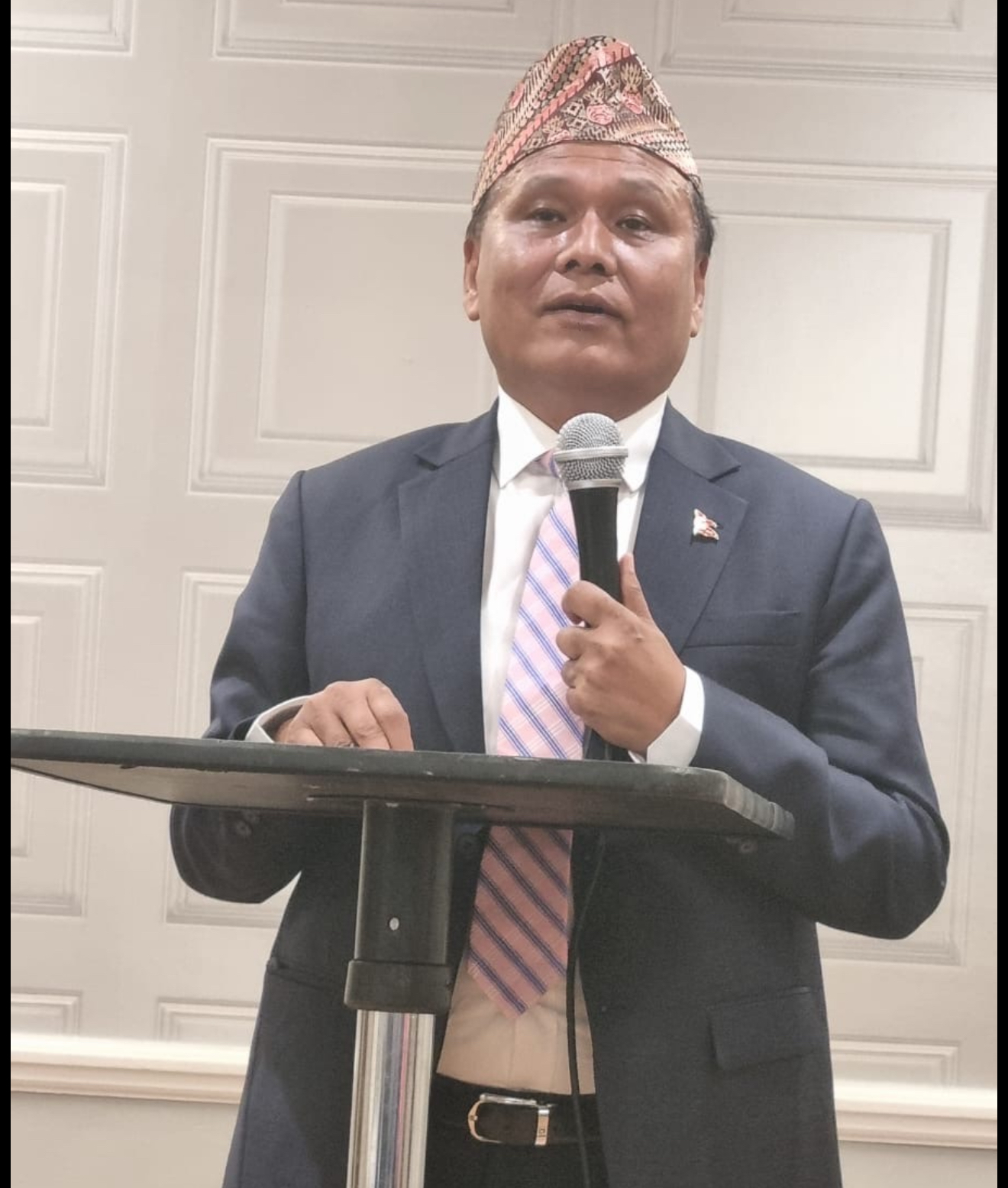

Helicopter from Jumla lands in Salyan due to bad weather
January 30, 2026
Mahabir Pun's Appeal to Voters: Do Not Sell Your Vote for Money
January 30, 2026
Helicopter from Jumla lands in Salyan due to bad weather
January 30, 2026-1769761552.jpeg)
NRNA Must Rise Above Personal Interests: Foreign Secretary Rai
January 30, 2026-1769761552.jpeg)


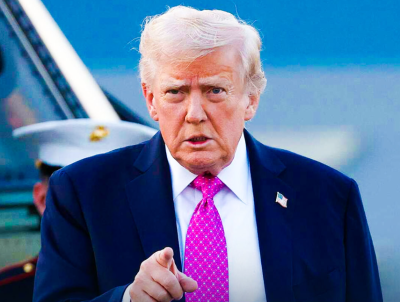
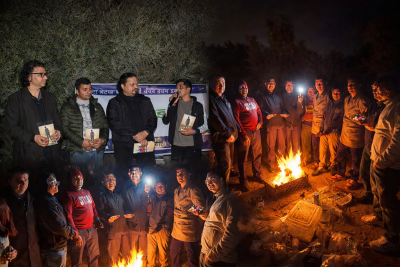
-1769512545.jpeg)
-1768898801.jpg)

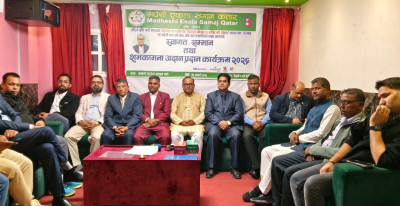
-1769770966.jpeg)
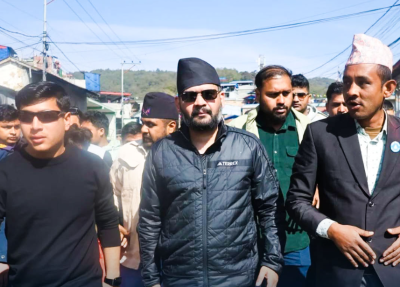
-1769760538.jpg)
